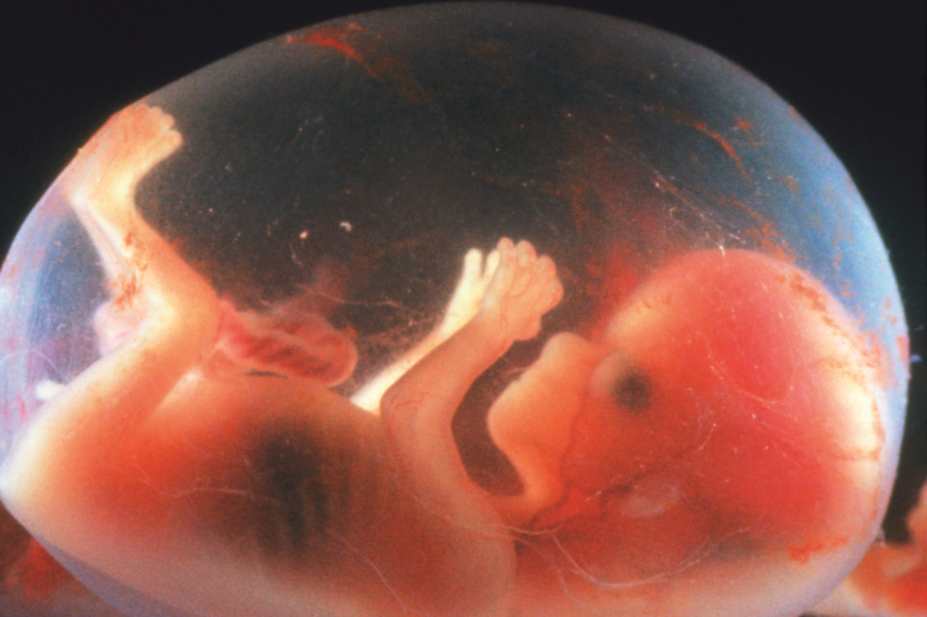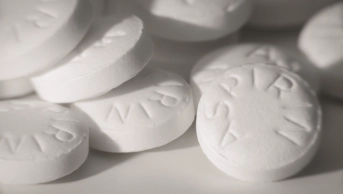
Edelmann / Science Photo Library
In recent years, use of stimulant medicines has increased in women of reproductive age, but there is limited evidence on their safety in early pregnancy.
To explore, researchers used data from the United States on 1,813,894 publicly insured pregnancies to study the risk of major congenital malformations and cardiac malformations in infants exposed to methylphenidate and amphetamines in the first trimester.
They found that neither methylphenidate nor amphetamines were associated with an overall increased malformation risk. However, methylphenidate was associated with a small increase in the risk of cardiac malformations at 18.8 per 1,000 infants, compared with 12.7 per 1,000 infants in those not exposed to stimulants, corresponding to a 28% increased risk after confounding adjustment. The finding was replicated in a cohort of 2.5 million women who gave birth in the Nordic countries.
Reporting in JAMA Psychiatry (online, 13 December 2017), the team said the findings should help better inform the risk–benefits of methylphenidate treatment in early pregnancy[1]
.
References
[1] Huybrechts K, Bröms G, Brix Christensen L et al. Association between methylphenidate and amphetamine use in pregnancy and risk of congenital malformations. JAMA Psych 2017; doi:10.1001/jamapsychiatry.2017.3644


